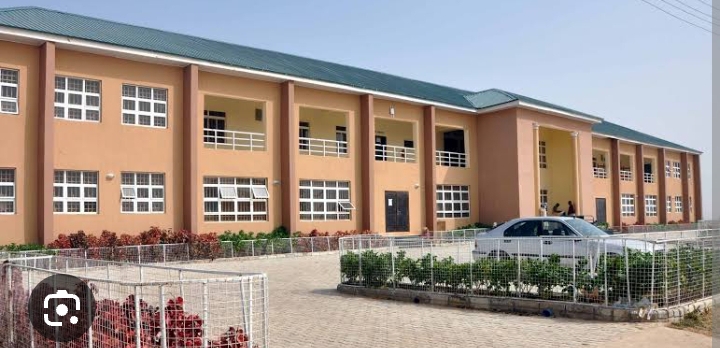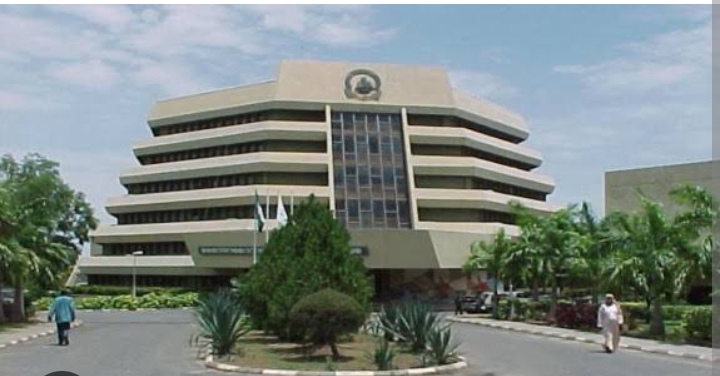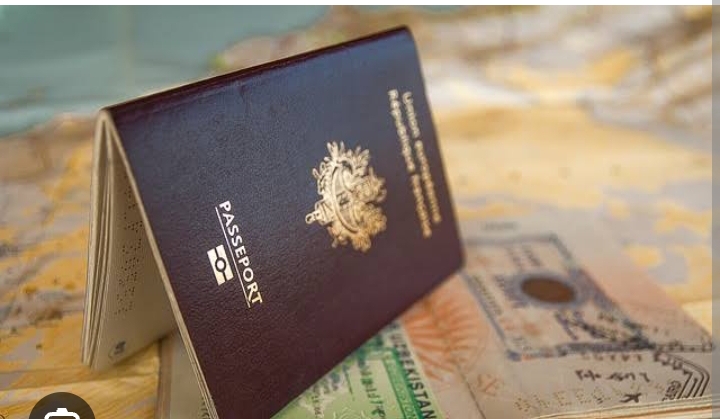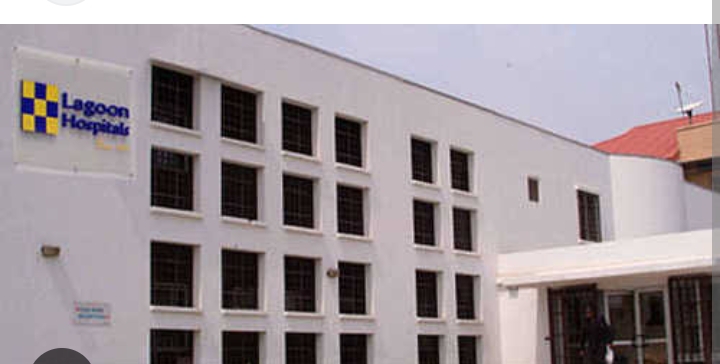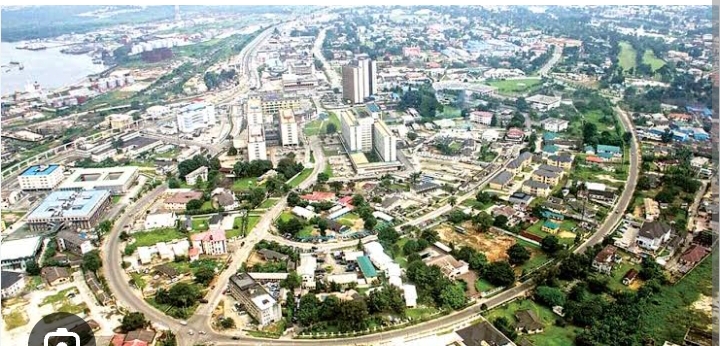How to Make Money Online in Nigeria
Introduction
Nigeria, with its large and growing population, presents a significant opportunity for individuals to make money online. The internet has opened up various avenues for generating income, providing flexibility and accessibility like never before. In this article, we will explore the online money-making landscape in Nigeria, discuss the benefits and opportunities available, and address the key considerations and challenges to be aware of.
1. Overview of the Online Money-Making Landscape in Nigeria
Nigeria has seen a significant increase in internet penetration and smartphone usage, creating a conducive environment for online money-making activities. Various sectors, including freelancing, e-commerce, blogging, affiliate marketing, online tutoring, virtual assistance, social media influencing, cryptocurrency, and more, offer opportunities for individuals to earn a living through online means.
1.1 Benefits and Opportunities of Making Money Online
Making money online in Nigeria comes with numerous benefits. Firstly, it provides the flexibility to work from anywhere, allowing individuals to escape the limitations of traditional office environments. Secondly, online money-making opportunities often require minimal startup costs, making it accessible to a wide range of people. Additionally, the internet provides a global marketplace, expanding the potential customer base and revenue streams.
1.2 Key Considerations and Challenges
While there are immense opportunities, it is essential to consider certain factors and challenges. Reliable internet connectivity, digital skills, and adequate knowledge in the chosen field are crucial for success. Additionally, individuals must be prepared to adapt to a rapidly evolving online landscape, stay updated with trends, and effectively manage their time and resources. Online scams and frauds are also prevalent, making it important to exercise caution and conduct thorough research before engaging in any money-making activities online.
2. Freelancing and Online Services
Freelancing provides individuals with the opportunity to offer their skills and services to clients worldwide. Various online platforms connect freelancers with potential clients, allowing them to work on projects of their choice.
2.1 Freelance Platforms and Opportunities
Platforms like Upwork, Freelancer, and Fiverr are popular choices for freelancers in Nigeria. These platforms offer a wide range of job categories, including writing, graphic design, programming, virtual assistance, and more. Freelancers can create compelling profiles, showcase their portfolios, and bid on projects that match their skills and interests.
2.2 Popular Online Services in Demand
In the digital era, there is a growing demand for services such as content writing, graphic design, web development, social media management, and digital marketing. Developing expertise in these areas can help freelancers secure high-paying projects and build a successful freelance career.
E-commerce and Online Selling
3.1 Starting an Online Store
Starting an online store is a great way to make money in Nigeria. Here are the key steps to get started:
- Research popular products and identify your target audience.
- Create a business plan and determine your budget.
- Select a reliable e-commerce platform or build your own website.
- Source quality products and establish relationships with suppliers.
- Set up secure payment gateways and logistics for order fulfillment.
3.2 Popular E-commerce Platforms in Nigeria
In Nigeria, several e-commerce platforms provide a ready-made solution for online selling:
- Jumia
- Konga
- PayPorte
- Shopify Nigeria
3.3 Strategies for Promoting and Scaling Your Online Business
To promote and scale your online business, consider the following strategies:
- Utilize social media marketing to reach a wider audience.
- Optimize your website for search engines to increase visibility.
- Offer discounts, promotions, or loyalty programs to attract and retain customers.
- Collaborate with influencers or bloggers to showcase your products.
- Collect and utilize customer feedback to improve your offerings.
Blogging and Content Creation
4.1 Introduction to Blogging and Content Creation
Blogging and content creation provide opportunities to generate income online. Follow these steps to get started:
- Select a niche or topic that you are passionate and knowledgeable about.
- Create a blog using platforms like WordPress or Blogger.
- Produce high-quality and engaging content on a regular basis.
- Build an audience through search engine optimization (SEO) techniques.
4.2 Selecting a Niche and Creating Engaging Content
Choosing the right niche is crucial. Consider your interests, expertise, and potential audience. Create engaging content by:
- Writing informative articles, tutorials, or guides.
- Using multimedia elements such as images, videos, and infographics.
- Encouraging audience interaction through comments and discussions.
- Providing valuable and actionable information to your readers.
4.3 Monetization Options for Bloggers
Once your blog gains traction, you can monetize it through various methods:
- Displaying ads through platforms like Google AdSense.
- Affiliate marketing by promoting products or services and earning commissions.
- Sponsored posts or collaborations with brands.
- Selling digital products, such as e-books or online courses.
Affiliate Marketing
5.1 Understanding Affiliate Marketing
Affiliate marketing is a popular method of making money online in Nigeria. It involves promoting products or services offered by other companies and earning a commission for each sale or lead generated through your referral. To succeed in affiliate marketing, you need to understand the basics, such as how affiliate programs work, how to choose the right products or services to promote, and how to track your referrals.
5.2 Finding Profitable Affiliate Programs
To make money through affiliate marketing, it’s important to find profitable affiliate programs. Look for programs that offer high commission rates, have a good reputation, and provide products or services that align with your target audience’s interests. Research different affiliate networks, such as Jumia Affiliate Program, Konga Affiliate Program, or Amazon Associates, and explore their product offerings and commission structures.
5.3 Techniques to Drive Affiliate Sales and Generate Income
Once you’ve chosen the right affiliate programs, you need to employ effective techniques to drive affiliate sales and generate income. This can include creating engaging content that promotes the products or services, leveraging social media platforms to reach a wider audience, optimizing your website for search engines, and using email marketing to nurture your leads. Additionally, consider offering incentives, such as exclusive discounts or bonuses, to encourage people to make purchases through your affiliate links.
Online Tutoring and Courses
6.1 Exploring Online Tutoring Opportunities
Online tutoring has gained popularity in Nigeria as more people seek convenient and accessible ways to learn. If you have expertise in a particular subject, you can monetize your knowledge by offering online tutoring services. Platforms like Tutor.ng, PrepClass, or even through social media channels provide opportunities to connect with students and offer one-on-one or group tutoring sessions. Identify your target audience, create a compelling profile, and set competitive pricing to attract students.
6.2 Creating and Selling Online Courses
If you prefer a more scalable approach to monetizing your expertise, creating and selling online courses can be a profitable venture. Determine a subject you are knowledgeable about and passionate about teaching. Break down the content into comprehensive modules, create engaging video lessons, and develop accompanying materials such as quizzes or assignments. Platforms like Udemy, Teachable, or Thinkific enable you to host and sell your courses online, reaching a global audience.
6.3 Platforms for Hosting and Promoting Your Courses
To maximize your online course earnings, choose the right platforms for hosting and promoting your courses. Research different online course platforms, consider their pricing structures, features, and marketing capabilities. Some platforms provide built-in marketing tools, while others require you to promote your courses independently. Utilize social media, email marketing, content marketing, and collaborations with influencers or bloggers to drive awareness and enrollments for your courses.
Conclusion
11.1 Recap of Online Money-Making Opportunities in Nigeria
In conclusion, Nigeria offers various online money-making opportunities that can be lucrative if approached strategically. Affiliate marketing allows you to earn commissions by promoting products or services.


